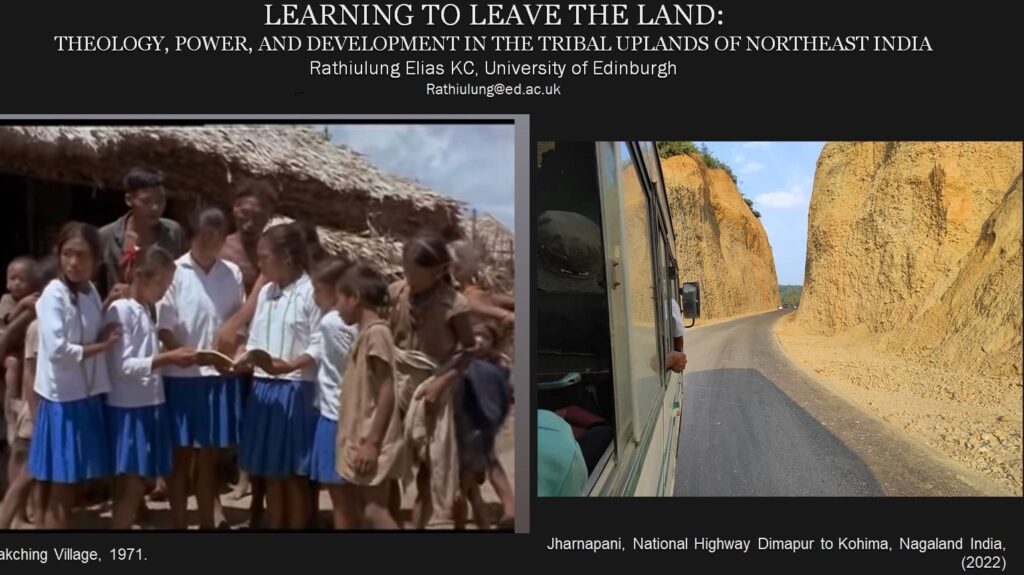
The Annual Conference of the Society for the Study of Theology (SST) 2023, on “Power” at the University of Warwick, 8-11 April 2023.
Abstract
In contrast to their indigenous and ‘landed’ ethos, ideas and imageries of progress and development among the Naga communities tend to be framed as ‘leaving the land’ and ‘alienation from nature’ (Simon Hailwood 2015). I argue that similar philosophies of disruption/alienation are reflected in Baptist theological teachings among Naga communities of Manipur (India), characterised by disruption from traditional indigenous practices, from non-humans and land, and ultimately culminating in the believers’ departure to heaven. These disruptive visions in Baptist teachings are rooted in the theological shift in power and relations between humans and the land (including non-humans), leading to the perceived ascendency of humans over other creatures. At the same time, I argue that the critique of power and philosophies of disruption must be nuanced by the fact that ‘infrastructure of injustice’ (Ziipao 2021) and economic inequalities have severely impoverished Tribal communities. The combined effect of the ideas of ‘development’ and Christian teachings means that for these communities, Tribal futures then, lie in ‘learning to leave the land.’ The paper is a preliminary reflection on the question of alternative visions of development: can we find ‘redemption from development’ (Shilliam 2012) through theological reframing of Tribal-Indigenous ethos of place, relations, and indigeneity?
Some photos
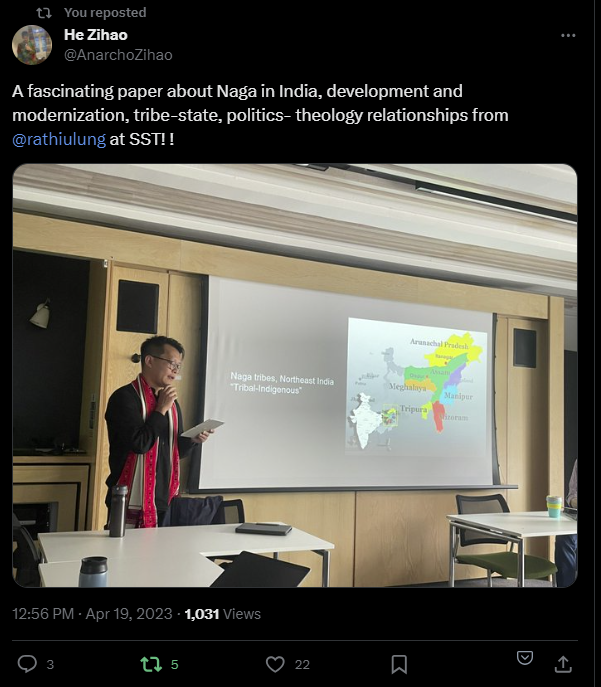
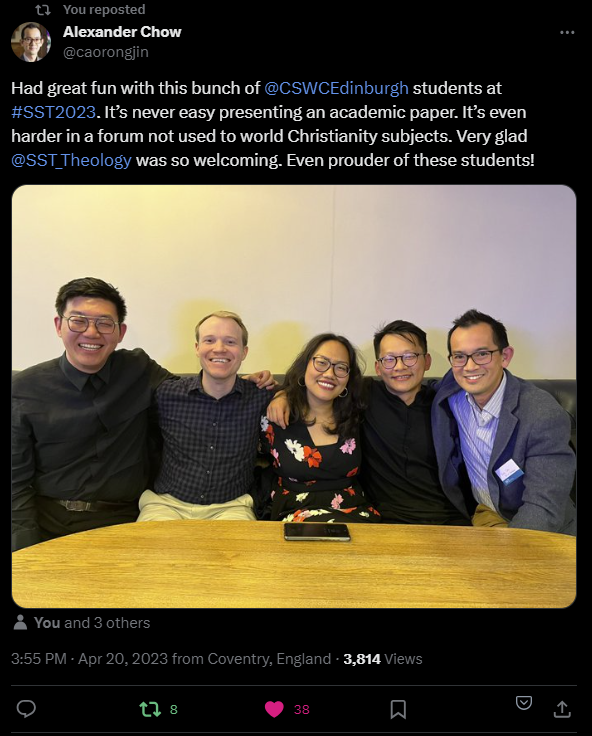
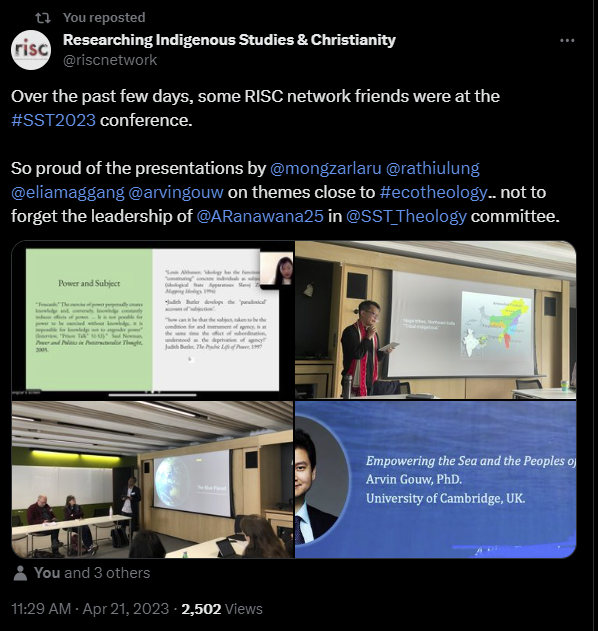
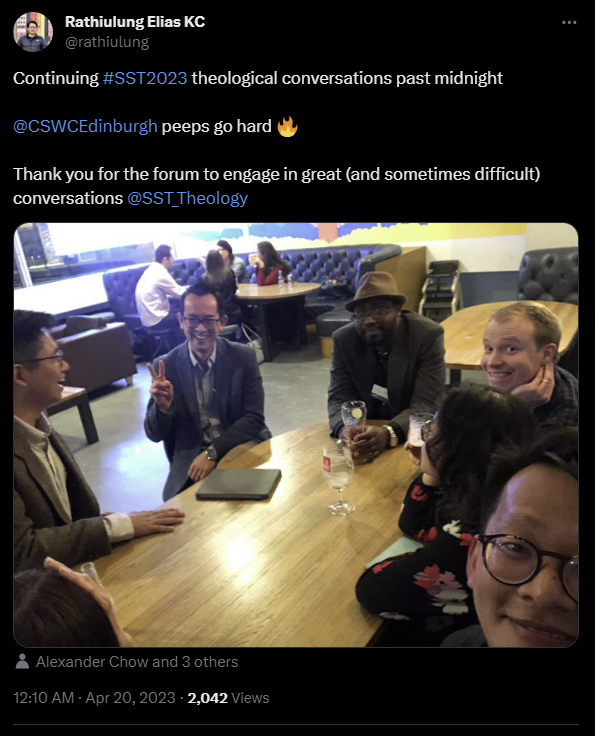
Leave a Reply